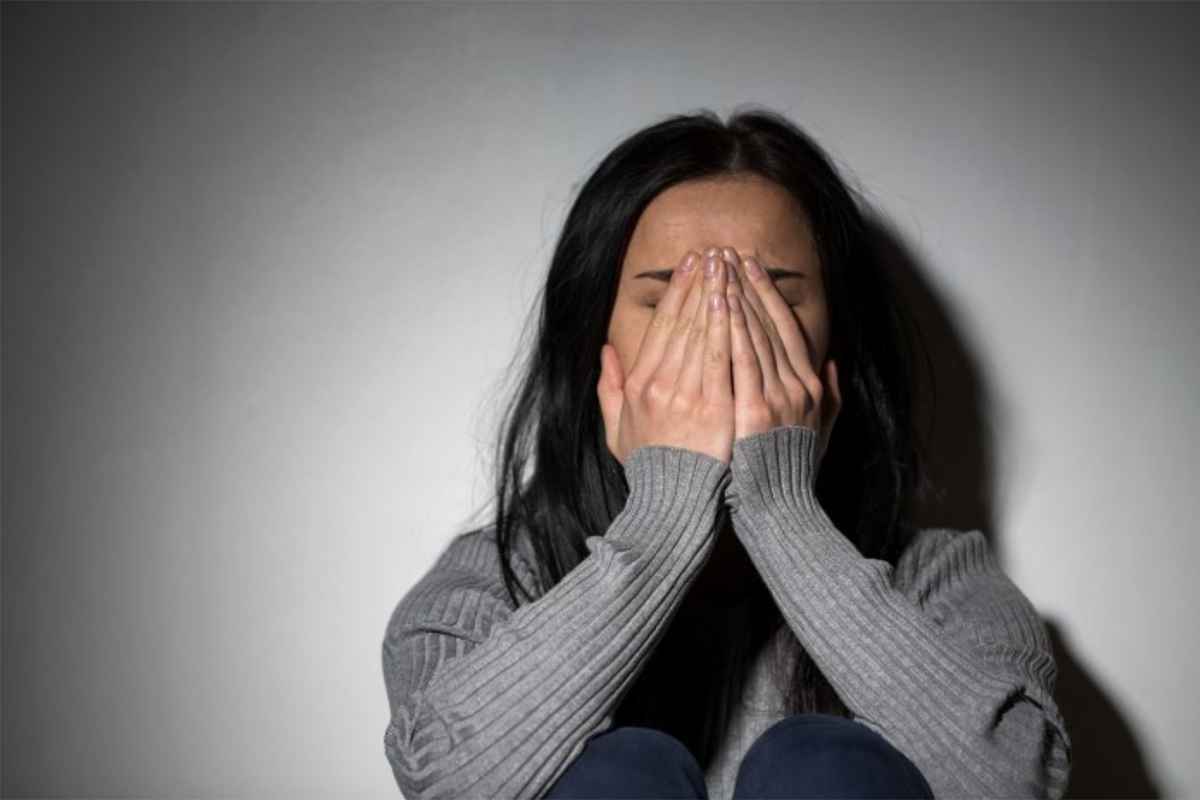The Government this week announced a new National Strategy to Eliminate Family Violence and Sexual Violence.
There is no disputing the scale of this problem in New Zealand (we’re a world leader). Police recorded 165,039 family violence investigations in 2020; the tip of the iceberg as most instances are not reported. And anecdotal reporting suggests escalating violence triggered by the stresses associated with Covid-19
Regrettably, although the ‘Action Plan’ includes some 40 ‘actions’, it doesn’t appear that much will happen to actually trim the trend line until after 2023 and beyond. Most of 2022-2023 will be consumed with planning, skills upgrading, collaboration and programme design etc., surrounded by a heap of bureaucratic mumbo jumbo.
Being generous, I suppose all this is needed groundwork, but it certainly raises questions about what is being done now – the ‘Action Plan’ sounds like everything is starting from scratch. And how effective local programme providers – like our Napier and Hastings Women’s Refuges – can be helped now.
Long-term plans have their place, especially where deeply ingrained behaviors must be curbed (ideally, eliminated), and future mindsets changed. But the victims of family and sexual violence need their situations improved tomorrow, not 2024.
I’m a believer in ‘you can’t fix what you can’t measure’.
So it’s disappointing to me that, as Action #39, December 2022 is the target date for “Delivery of the draft measurement framework” (i.e., the measures and data collection that would fully register the extent of the problem – acknowledged to suffer from serious under-reporting – and provide the benchmarking basis on which to assess future programme efficacy). On other words, we won’t have a draft set of accountability measures for another year. Are we that fuzzy about what is currently happening and the effectiveness of current programmes?
Then, a year will be spent, Action #40, collecting relevant numbers, leading to – starting January 2024 onwards – “Increased efficacy in primary prevention approaches and investment”. So, things might start to get better after two years, and a hint that more money might need to be spent on stopping violence.
All in all, this plan doesn’t sound terribly urgent to me.
So, you’re urged to help in two ways:
- Make sure instances of family and sexual violence are indeed reported if you are a victim or are aware of these instances. The NZ Violence Against Women Study found that 87% of women who had experienced physical and/or sexual violence from a partner had not reported the violence to Police. And then there’s violence against children. Let’s get real about the disgraceful scale of this violence;
- Donate to our local Women’s Refuges.
Think I’m being too harsh on the Government’s initiative? Read the ‘Action Plan’ for yourself.


This article and the one on confident girls, confident women, are interconnected. The family violence is utterly appalling in this country. Bullying is everywhere – homes, schools, workplaces, sports, and every aspect of NZ life and especially social media. Girls need to be encouraged to stand up for themselves and to know that they don’t need to take shit from anyone. But where do they go to? How can they maintain any semblance of self esteem if no one listens or cares.?
Mens groups have pointed out for years that domestic violence isn’t a gender issue (this is supported by numerous studies). The problem can never be brought under control by vilifying men and empowering women. Unfortunately, the (predominantly female) stakeholders in the fight against domestic violence generally dismiss this argument even in the face of the fact that, statistically speaking, their decades long efforts, cannot be called successful.
More promising would be educating both genders in recognising inter-personal violence (why just focus on domestic violence?), in alternative, non-destructive ways of dealing with the emotions leading to violent behaviour or in de-escalating tenssion, preferably from an early age.
I agree with Pete Hug above; it’s not often recognised that a woman verbal abuse can trigger a man’s physical abuse. This has to be noted and clearly understood that neither is ok!
One of the biggest steps forward in NZ was the move against smacking children. Although it will take a long tone for the “ lash out” reaction to not be a way of handling our stress, at least we are on that journey. Parents need guidance in understanding children’s needs; for this education is available.
Thank you for your recent article on FV, it was refreshing to see the issue being given appropriate airtime and consideration.
You may or may not be aware that HB has a FV rate twice the national average, and a severity level that is one of the worst in the country. As Hawkes Bay’s largest provider (DOVE HB) of FV services, we all too well understand the issues, and the growing impact this is having on all communities within the Bay. The impact on our next generation is growing much faster than the available resources, which doesn’t paint a pretty picture at all.
We have long recognised that the current system isn’t working, and we need to act – before 2024 – if we are going to interrupt our current trajectory. Because of this, DOVE HB is in the process of radically changing the way we approach Family Violence, and our service redesign is being actioned in 2022.
Stewart Eadie, DOVE Hawke’s Bay